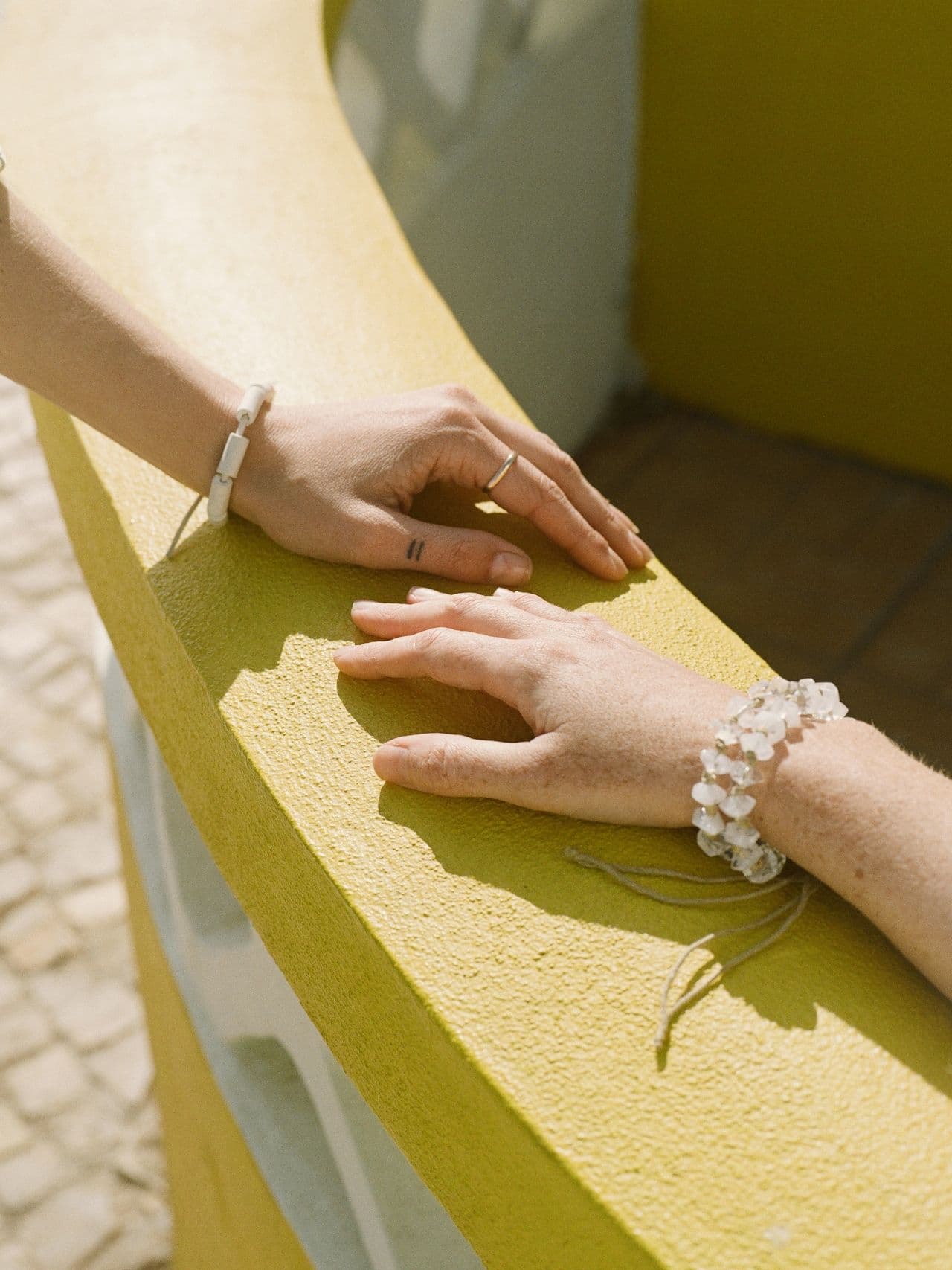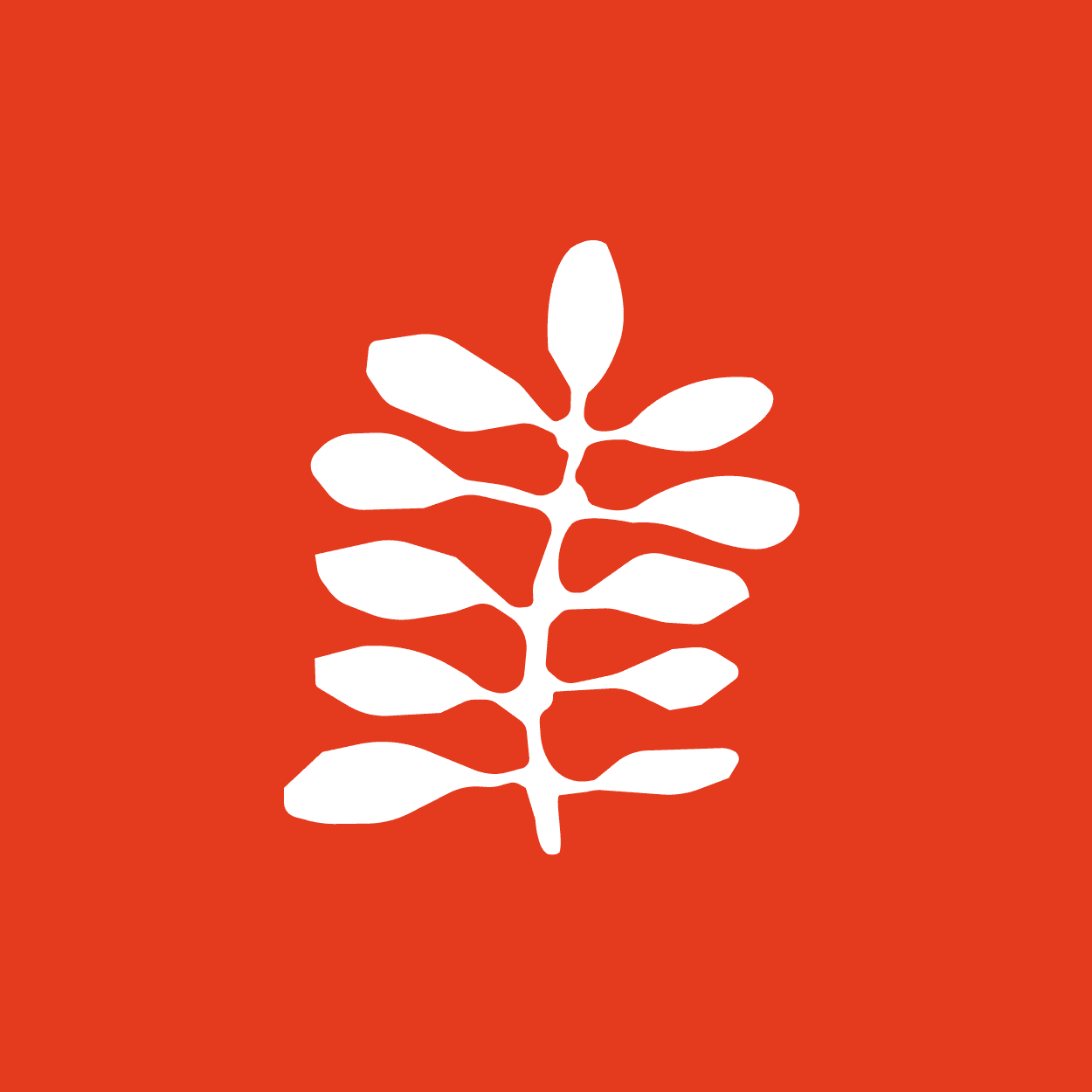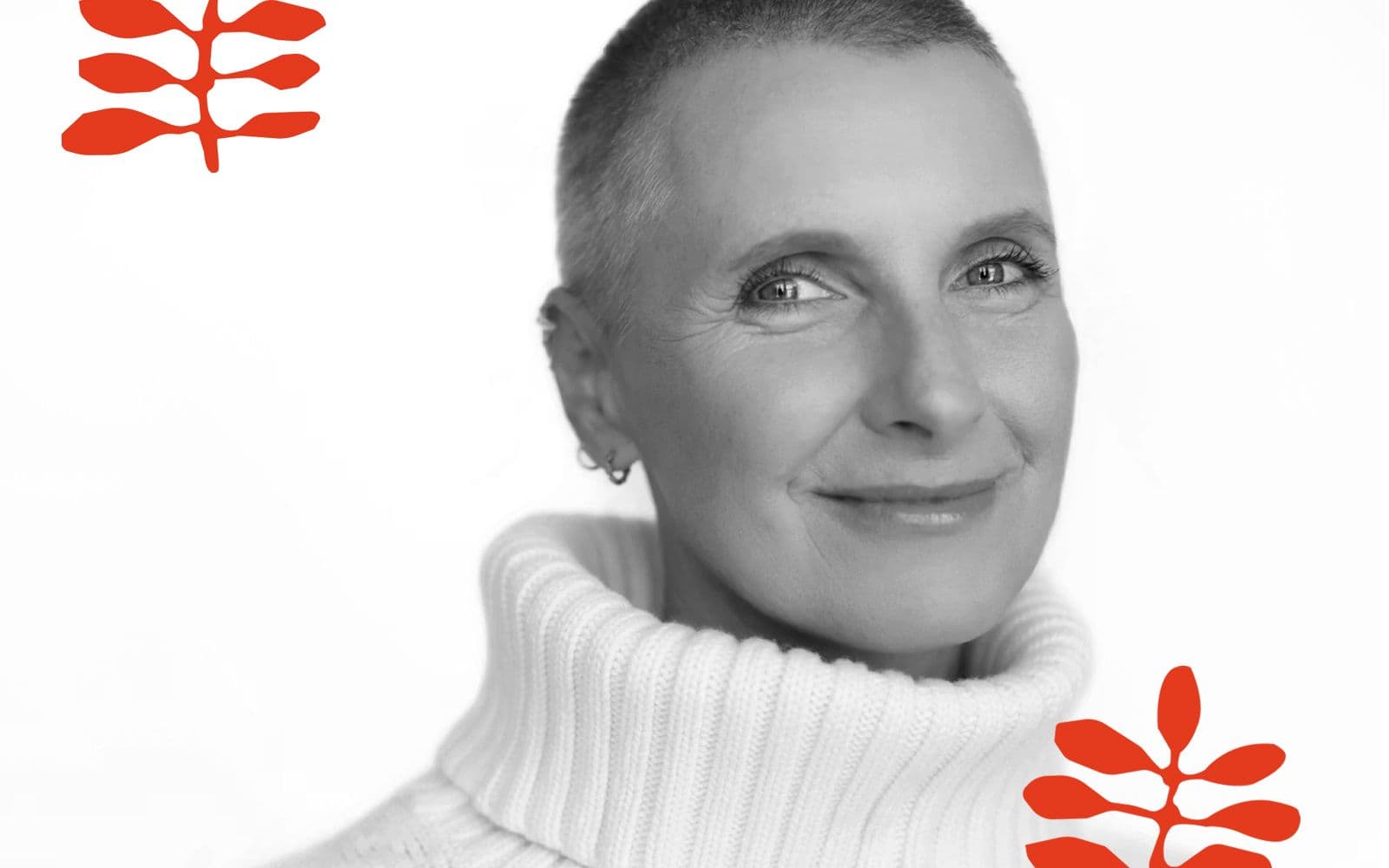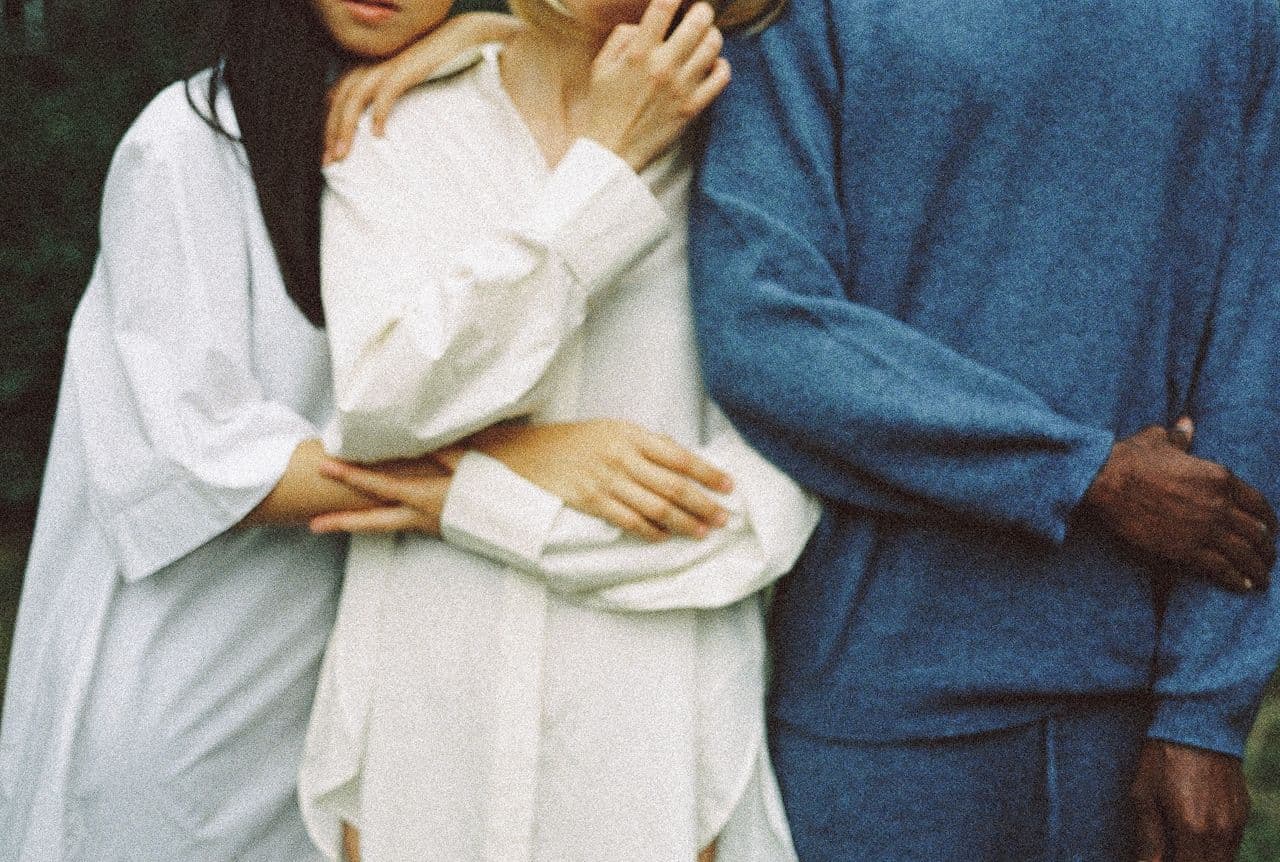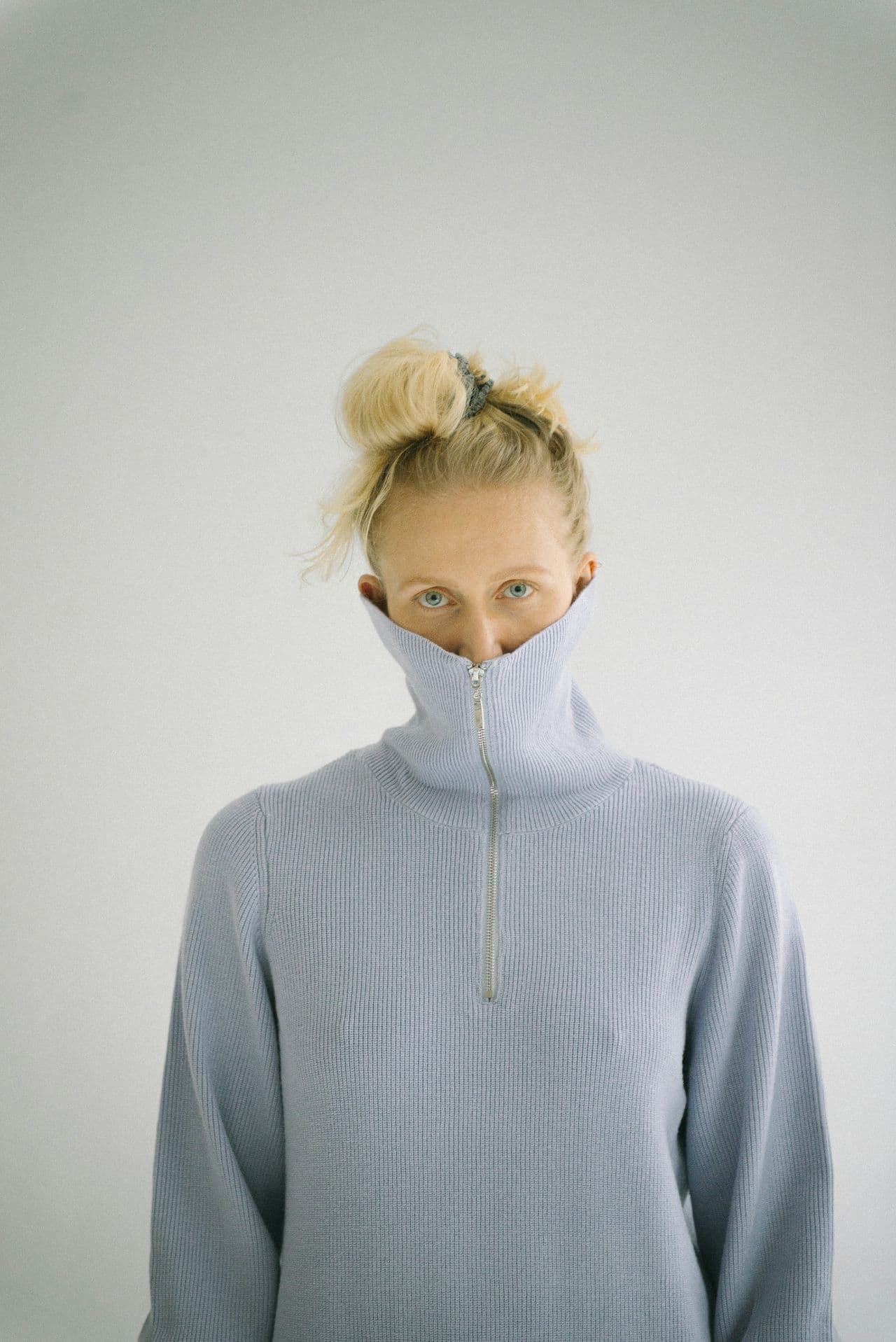Cancer is a stress test. It’s a stress test on your body and your emotional landscape. And it’s a stress test on the relationships around you. While there are so many friendships that deepen and help carry us through, there are also friendships that fall apart and break our hearts, and friendships that didn’t exist before our diagnoses that then become our lifelines.
Below, ten women, on how diagnosis reshaped their friend dynamics.
Friends Saying “I’m So Sorry” – Then Nothing
Jolene Miller, diagnosed with breast cancer at 24
I have friends who I felt I was super close to who just vanished after my cancer diagnosis. And it's really sad, and that was definitely an emotional part of the journey as well. But this has taught me who my real friends are. I've had people who say, “I'm so sorry about your diagnosis, let me know if I can do anything”—and then just have not talked to me since then. They haven’t reached out to see how I'm doing or anything like that. That was definitely hard, but I think it showed me if someone's meant to be in your life, they will be.
On Introducing Health Paranoia in the Crew
Molly McDermott, diagnosed with Ewing’s sarcoma at 24
My cancer diagnosis definitely changed my friend group because everybody's super paranoid now about these kinds of things. I had these normal problems, and then I actually had cancer. A couple of our friends are just overly anxious. [But my friends] showed up for me in every way they knew how to, and they still do. We were already close, but it definitely showed us how to be a real friend and how to be there for the people around you.
The cancer ghosting stuff is so real. I think people get really scared. It's one of those things where they'll check in because they know they should and then they don't actually want to hear it, they just want you to say ‘Oh, I'm doing okay.’ It's also scary for them and easier for them to be more passive–and then afterwards be like, ‘I was thinking about you the whole time.’
On Being ‘Difficult’ to Help
Carolyn Taylor, stage four breast cancer at 38
I'm not gonna lie, I made it difficult for a lot of people to show up. It’s just from the type of person I am; when I'm weathering a storm, I hunker down and I don't let a lot of people in. It’s not that I don't want them to be in–it's just that I'm trying to get through it myself. In my mind, I don't think I can deal with everyone else's emotions at that point, other than my husband and my children.
Consistently checking on me is the main thing my friends did, because I didn't ask for too many things. I didn't want too many things going through chemo–I kind of wanted to just be left alone and have a sense of normalcy during that period. That's what my closest friends knew about me, and they tried to give me that as much as possible.
On New Friends Becoming Very Good Friends Very Quickly
Charlotte*, diagnosed with ovarian cancer at 34
I had moved to a new city a couple years before I got my diagnosis. My best and closest friends who’d seen me through years of ups-and-downs all lived far away–the closest one was a twelve hour drive. And I’d started to make some promising friends, but no one who’d ever seen me cry. Then a bunch of them did see me cry in very short order after my diagnosis. They made me meals, they connected me to doctor friends to talk to, they took our dog for a week during surgery, they brought me funny distracting gifts, they leant me a (mostly unused) video game console, they sat with my partner for hours in the hospital. It sped up the closeness that would have taken years. It wasn’t perfect newly deep friendships totally across the board, but with so many of them I feel so lucky.
I did feel that my friends, new and old, were treating me very gently, which was alright. But I found out they didn’t share anything more difficult about their lives with me–or much gossip with me!–out of a deference to my diagnosis. I think this is a hard needle to thread, but I do wish they’d included me more and confided in me more, and not put themselves and their problems totally aside because I had a “bigger” or “worse” problem.
Friends Coming Back From Out of the Woodwork
Alison Hall, mastectomy at 32 (read our interview with Alison here)
Especially when I was really in it, I thought: I want to remember this feeling forever, because I've never felt so loved and supported. I feel like so many people in my community, both my best friends who I see all the time and people I went to high school with who I haven't spoken to in years: these people came out of the woodwork to support me or to share really beautiful messages. And often, it would be people who had dealt with something similar or who had a family member who dealt with something similar.
It really got me thinking about the way that I've shown up for people in the past, and it was such a good reminder just that words really do matter. I think that sometimes when you hear of a friend or family member in crisis, you think, well, nothing I say is going to actually help. But it feels so good to receive emails or messages or a phone call. Any sort of outreach and someone just simply saying, ‘I love you and I'm here for you.’ Every single one that I received, I just really felt it and appreciated it–and it really, just actually helped. I was like, Wow, I didn't realize how much this would mean to me.
A Best Friend Fallout
Anonymous
One of my very best friends since childhood did not show up for me during treatment, and I've struggled to communicate with her about how much that hurt. I could tell she was in a place in her own life where she was drowning a bit emotionally, and so I felt guilty about adding to her burden. But at the same time I felt like, What the fuck. I’m the one with cancer. If you can’t show up for me now, what kind of best friend are you?
I’ve never confronted her about it– I still don’t know how. At the same time, I don’t know how I can ever go back to the relationship we once had. What really makes me sad is that I don’t think she even sees the damage. I feel like a chasm opened up in our friendship, and she may never realize that we are not actually standing on the same side anymore.
Old Friends Showing An Unimaginable Depth of Care–or Fading Away
Christy Lingo, diagnosed with breast cancer at 44
I felt completely overwhelmed by the outpouring of support. Obviously, we don't have people bringing us dinner still–I wish. I know how hard friendships can be when you get to be an adult, and I think it made me appreciate those friendships more. I already did love and respect them because we had fun: we would go get drinks or we would have a glass of wine on the patio. But this was a new level because of the care that they had–not just for me, they also cared about my family, and they cared about my husband, and so I think that it just gave me a respect and a love, a deeper love for them.
There were definitely people who pushed away. I don't know if it was too much for them or whatever it was. I was lucky enough that I have done enough work with myself that I understood: it wasn't me. It was the situation that they were pushing away from, and I did not allow that to impact how I treat them post-cancer. I didn't delete their text messages or unfollow them on Instagram because I was mad that they didn't bring me a dinner or something like that. I think you just have to kind of meet people where they are, or, understand that not everybody is going to be super “let's go help the cancer girl”–and that's okay.
A Surprising Shake-Out Regarding Who Shows Up and Who Flakes
Molly Oldham, brain tumor found at 19
I really learned who my true friends were. People say they're going to show up all the time, and then when you really need them: I was surprised. I lost some friends; I didn't lose a lot. I'm very fortunate, and I have really good friends, and I always have. But I did lose some friends. There were people I expected to come to the hospital or reach out or show up that didn't, and then there were people who surprised me, who were at the hospital every day, who were bringing food to my sisters. You really learn who's in it for the long haul and who's there because they love you and not because they want to say they were there for you.
On Support for a Suffering Partner
Colleen, diagnosed with breast cancer at 42
I said to someone, ‘My husband could use some help or support from his friends.’ I’m of a generation where they actually replied, ‘He’ll be fine. Don’t worry about him, just worry about yourself.’ And that's really hard to do. We're a team. He needed a different kind of support than I needed, but the partner who is there, who is watching you go through this and can't really do anything about it: they need support too. Unfortunately, I don't have any good ideas of where to go get that for your spouse. I just know that it does need to happen.
Friendships So Loving They Change How You Think About Your World
Abby Waack, diagnosed with breast cancer at 27
One of my biggest lessons is the importance of showing up for people. When you go through something like this, it shows you why that's important, because the way that people showed up for me was overwhelming. I had an army behind me, because I had shown up for them in their lives for years. It also brought me so much comfort, knowing that people were showing up for my people, too: knowing my friends are being taken care of by their friends and my parents are being taken care of by their friends. The people in your life, your friends, your family, and the moments you have together are the most valuable things. It's the reason that we're here, for love and connection and that was just an overwhelming lesson for me. Relationships are the meaning of life.
*These interview have been edited and condensed for clarity; names and some identifying details have been changed at the subject’s request.
